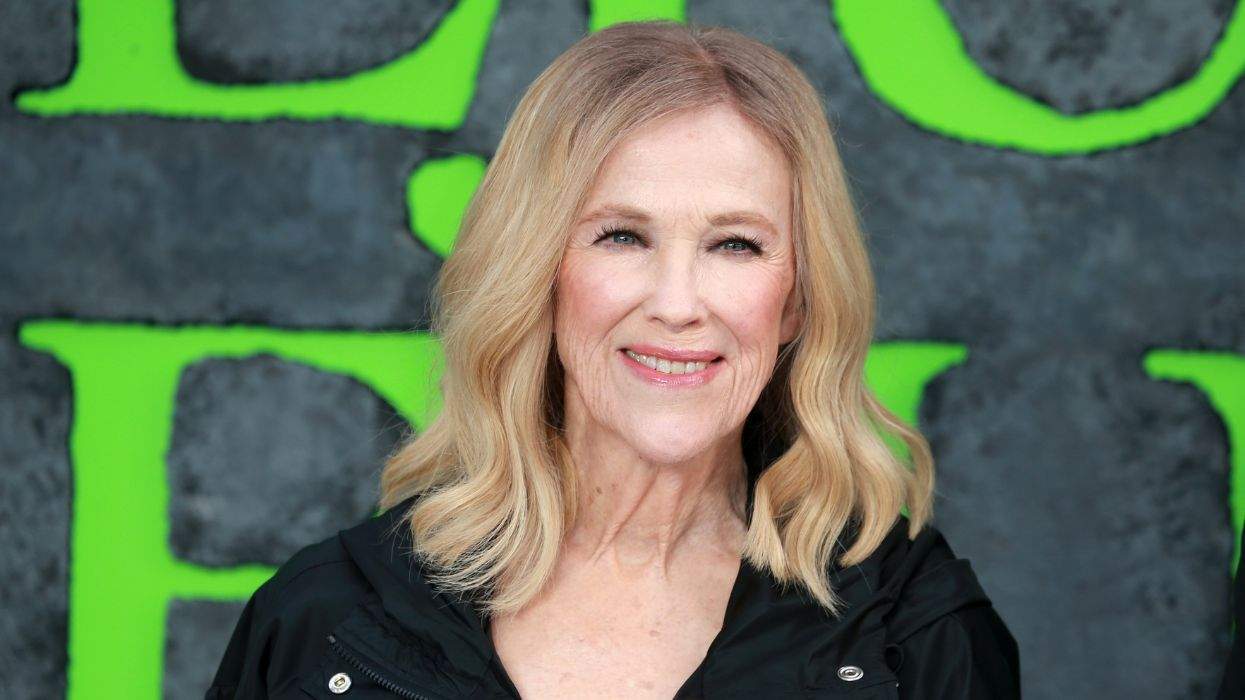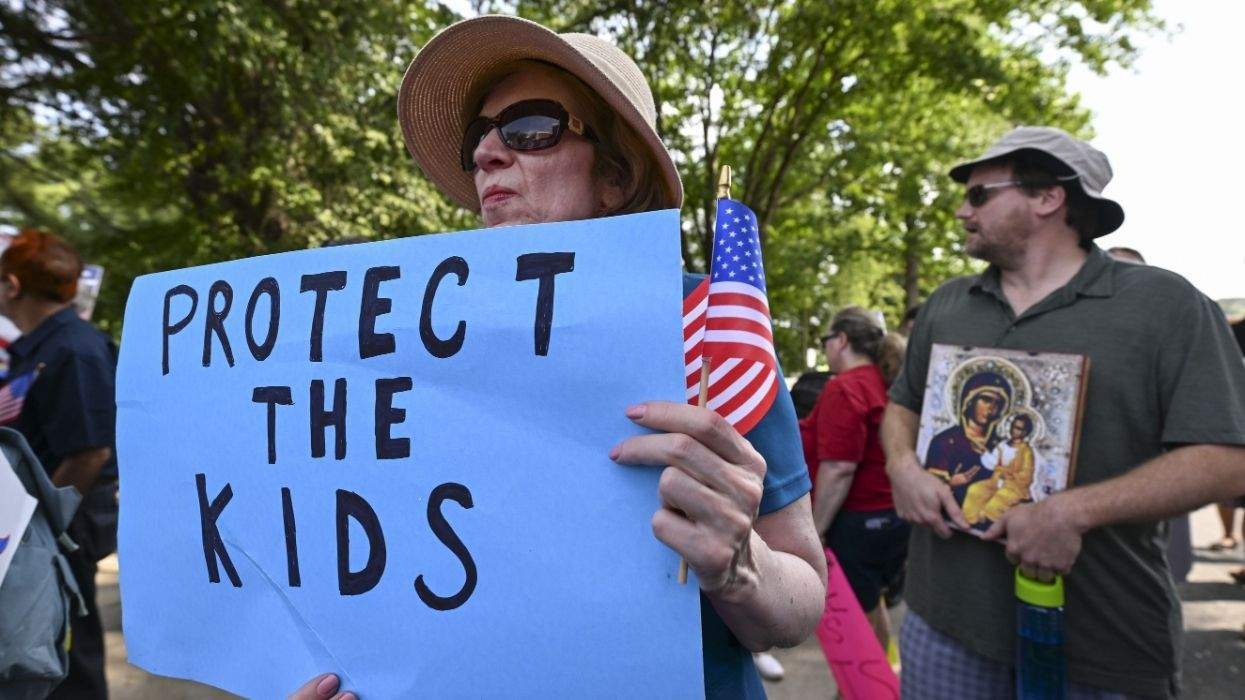President-elect Joe Biden's announcement last week that he will introduce a $1.9 trillion COVID-19 relief plan couldn't come soon enough, since according to one expert, help is desperately needed now.
When Laurie Garrett appears on television for an interview about the pandemic, I stop whatever it is I'm doing. When I'm going through the newsfeed on my phone, and see Garrett's name, I stop scrolling. She is just that remarkable.
Garrett is the only writer ever to have been awarded the three Big "P's" of journalism, the Peabody, the Polk, and the Pulitzer. Her landmark book, The Coming Plague, predicted the virus. Since the start of COVID-19, Garrett has been one of the most sought out experts about the pandemic. She has rightly forecast the trajectory of COVID-19, as well as warned about the consequences of our failure to adequately confront the virus.
Her knowledge, and her ability to communicate it is compelling. It's for that reason, that Garrett has become so prolific on television and all major news outlets. When I heard her speak on Deadline White House on MSNBC last week, I scrambled to find a way to connect with her, because what she said was terrifying.
When I finally reached Garrett, my first question was, how bad is it? "We are currently experiencing 4,000 deaths a day, and the new variant strain from the U.K. has now been identified in numerous states, with those contracting it not having traveled, nor anyone in their families or in their immediate circles," she responded. "What this tells us is that the new variant is already here, and in widespread circulation."
I asked Garrett if that new variant will be as imposing as it has been in the United Kingdom and elsewhere in Europe? "Yes, it will come to lead all COVID transmissions in this country very quickly. There are some projections that within the next six weeks, it will become the dominant strain here in the U.S. In the U.K., where it is now the overwhelming cause, it is completely out of control, and the escalation of transmission is quite striking. This variant is about 70 percent more contagious than the strains we've had here in the U.S."
So, what does all this mean? "Well first of all, only about 10 million Americans have received at least one dose of this vaccine, so we're way behind on administering it, since by now, we should have over 25 million who have received it," Garrett pointed out. "And there are many reasons for the delay, namely the problems we've encountered with the distribution of the vaccine. It's likely we won't see any drastic improvement of distribution in time to offset the spread of the new variant strain. That means we're going to see far more people getting infected far more rapidly."
"And while this strain is not associated with an increase in mortality, it is associated with more cases which means that at the same ratio of rising cases, we will see more deaths, just as we have been since the virus first started to spread. Thus, the current 4,000 a day death count could easily skyrocket to at least double that. And, very sadly, if you do the math, we could be looking at 800,000 to 1 million dead Americans by the beginning of May."
There's lots of questions about whether or not the vaccines that have been delivered in record time will work for the new variant. "So far, the U.K. variant appears to be susceptible to the available vaccines," Garrett explained. "Now the South African variant is showing a different range of mutation, and it may be less susceptible at neutralizing antibodies, and that is a source of tremendous concern. The U.K. Minister of Health is convinced that it's true and said in no uncertain terms that the South African variant is far more dangerous. We still need more definitive lab work to nail this down."
I asked Garrett what this all portends for hospitals that are already overwhelmed, and a health care system that is being stretched much too thin. Will we be able to keep the health care system alive in the face of all these variables? "If people keep wearing their masks and social distancing, we could slow this way down," she cautioned. "But people are fed up, and we see more and more super spreader events, like the riot last Wednesday in the Capitol Hill area, and we're bound to see others. We can do a pretty good job at the one on one level, but when you talk about an entire community, it only takes a few outliers who misbehave to create a great risk."
For example, Garrett mentioned that an online Brooklyn news outlet posted the names and photos of Brooklynites who participated in the Capitol assault. "Not surprisingly, the people who were there were mostly from Borough Park which has seen soaring cases through the pandemic, and from the orthodox community and that overlaps exactly with the leaders of the anti-mask and anti-lockdown movements and comes as no surprise. So, you can imagine the same elsewhere around the country."
I had one final question for Garrett, which is inevitably one we all desperately want an answer to, when does this all end? "I said a year ago that it would be 36 months, so unfortunately, I still believe we have two years to go."
John Casey is editor at large for The Advocate.
















